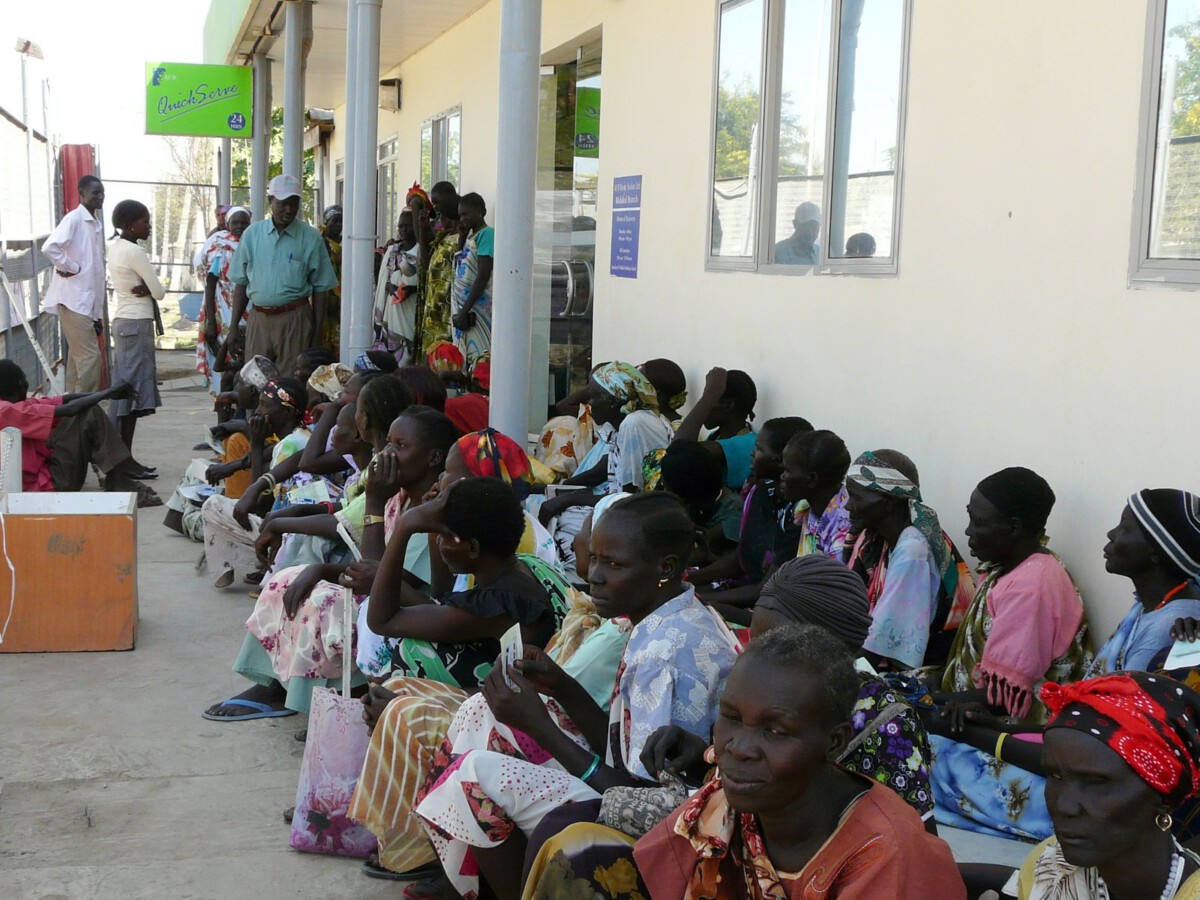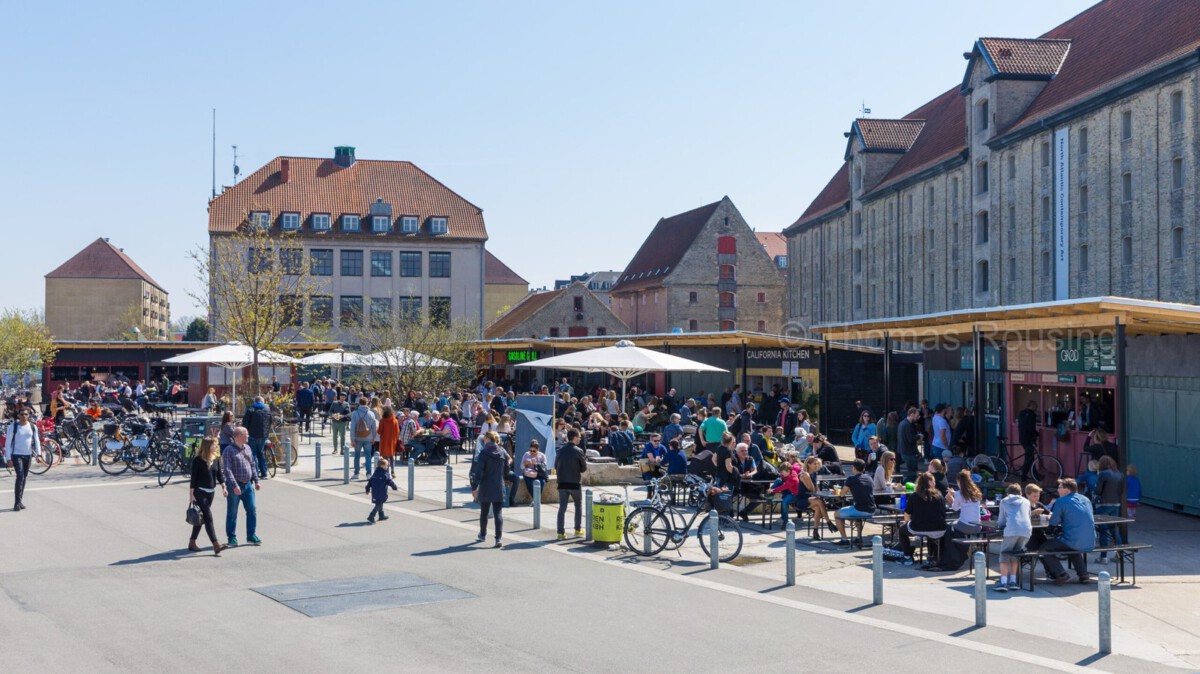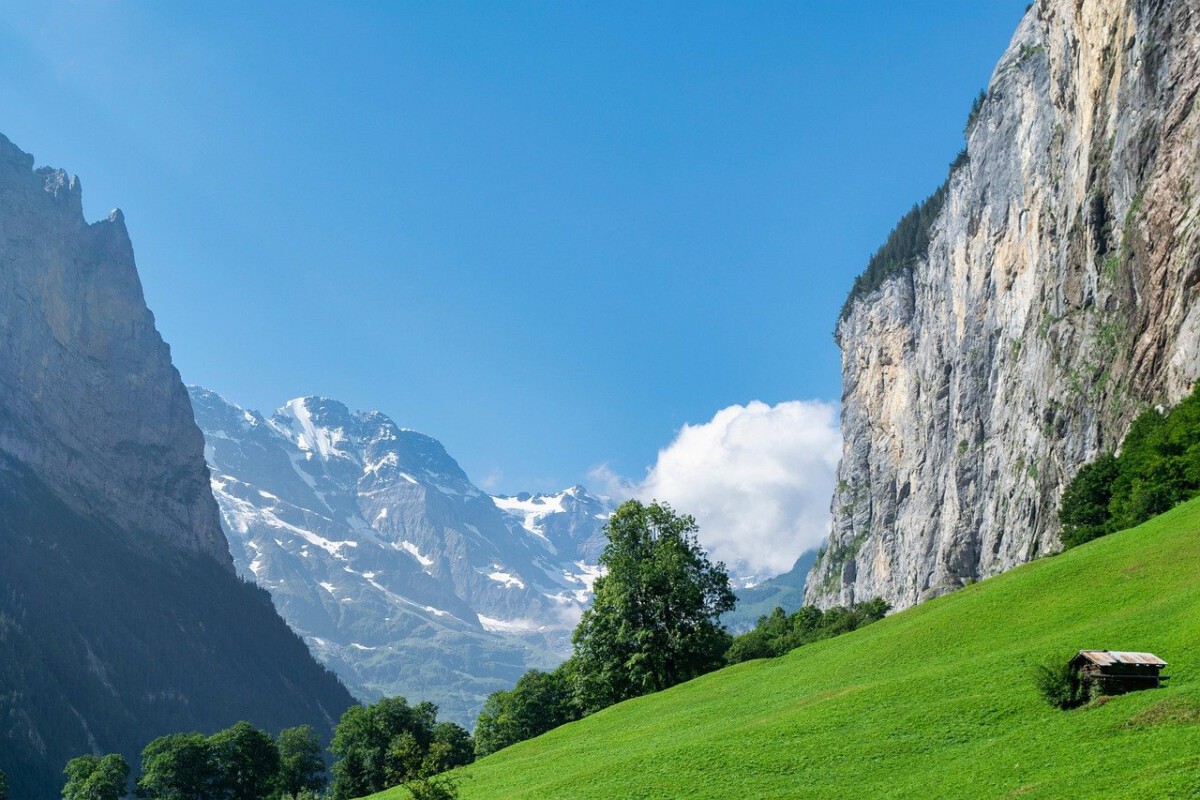Finland: The Reigning Champion of Happiness

Finland has held the number one spot in the United Nations’ World Happiness Report for seven consecutive years as of 2024. This Nordic country consistently scores high due to its robust social safety nets, low corruption levels, and strong sense of community. Finns enjoy universal healthcare, free education, and an impressive work-life balance, with the average full-time employee working just 1,600 hours per year—far less than many other developed nations. Nature is a crucial part of daily life, with over 180,000 lakes and vast forests providing endless opportunities for outdoor activities. According to Statistics Finland, 95% of Finns say they feel safe walking alone at night, which is among the highest rates globally. The country also boasts one of the lowest rates of homelessness in the world. Finnish culture values honesty and trust, further reinforcing residents’ sense of security and contentment.
Denmark: Where Contentment Is a Way of Life

Denmark frequently appears near the top of happiness rankings, landing second in the 2024 World Happiness Report. Danish citizens benefit from a comprehensive welfare system, low income inequality, and high levels of social trust. The concept of “hygge,” meaning cozy contentment, is deeply ingrained in Danish culture and daily routines. Copenhagen, the capital, is famous for its bike-friendly streets—about 62% of residents commute by bike, according to the City of Copenhagen’s Mobility Report. Danes also enjoy generous parental leave policies and subsidized childcare, which contribute to a healthy work-family balance. Research by Eurostat shows that over 80% of Danes participate in cultural or leisure activities weekly. The country’s high environmental standards and clean urban spaces add to the population’s overall satisfaction and well-being.
Iceland: Community Spirit Amidst Breathtaking Landscapes

Iceland, with its population of just under 400,000, ranks third in the 2024 World Happiness Report. The country’s unique geography offers residents dramatic volcanic scenery, geysers, and the famous Northern Lights, all of which support a strong outdoor culture. Icelanders benefit from a universal healthcare system and free higher education. According to the Icelandic Directorate of Health, over 85% of Icelanders rate their health as good or very good. Community ties are exceptionally strong; it’s common for residents to know their neighbors well and participate in local festivals. The country also boasts one of the lowest crime rates in the world, with the Global Peace Index ranking Iceland the most peaceful nation for over a decade. Iceland’s gender equality is another point of pride, with women holding nearly half of parliamentary seats as of the 2024 elections.
Sweden: Balance, Nature, and Generous Parental Leave

Sweden ranks among the happiest countries due to its high standard of living, well-developed welfare state, and emphasis on equality. Swedes benefit from extensive parental leave—up to 480 days per child, shared between both parents. According to Statistics Sweden, the gender employment gap is among the smallest in Europe. The nation’s “Allemansrätten” law gives everyone the right to roam freely in nature, encouraging outdoor activities and a strong connection to the environment. Sweden’s cities are consistently ranked among the cleanest and safest in the world. Over 85% of Swedes report feeling satisfied with their lives, according to the European Social Survey. The country’s robust healthcare and education systems are publicly funded, reducing financial stress for families and individuals.
Norway: Prosperity and Pristine Wilderness

Norway’s vast natural beauty is matched by a strong welfare state, making it a perennial contender in global happiness rankings. The country’s sovereign wealth fund, built from oil revenues, provides a financial safety net for citizens and supports public services. According to Statistics Norway, the average life expectancy exceeds 83 years, reflecting the nation’s excellent healthcare. Norwegians enjoy high levels of trust in their institutions and each other, a key factor in subjective well-being. Outdoor recreation is a national pastime, with nearly 80% of Norwegians participating in hiking, skiing, or cycling at least monthly. Urban areas like Oslo are known for their green spaces and high air quality. The Global Gender Gap Report 2024 places Norway among the top countries for gender equality, further boosting overall life satisfaction.
Netherlands: Openness and Social Connection

The Netherlands consistently ranks among the top 10 happiest countries, according to the latest World Happiness Report. Dutch society is renowned for its openness, tolerance, and inclusivity, making it a welcoming place for newcomers. The Netherlands boasts an extensive cycling network—there are more bikes than people in the country, according to the Dutch Cycling Embassy. Dutch children are regularly rated the happiest in the world by UNICEF, thanks to supportive families and a stress-minimized education system. Urban planning prioritizes green spaces and water management, contributing to a healthy and attractive living environment. The country’s healthcare system is ranked among the best in Europe, offering universal coverage with short waiting times. A healthy work-life balance and a thriving cultural scene—Amsterdam alone has over 50 museums—add to the daily joy of life in the Netherlands.
Switzerland: Security, Scenery, and High Salaries

Switzerland’s combination of economic prosperity and stunning alpine landscapes creates a unique sense of well-being for its residents. In 2024, the World Happiness Report placed Switzerland in the top 10, thanks in part to high incomes and low unemployment rates. Swiss cities like Zurich and Geneva are regularly ranked among the world’s most livable, with excellent public transport, healthcare, and education systems. The Swiss enjoy some of the highest average salaries in Europe, with a median gross monthly wage exceeding 6,500 CHF (about $7,200 USD) as reported by the Swiss Federal Statistical Office. Public safety is excellent, with crime rates among the lowest in Europe. Outdoor enthusiasts thrive here, with quick access to skiing, hiking, and lakes. Political stability and direct democracy foster a sense of empowerment and trust in government.
Australia: Sunshine, Diversity, and Laid-Back Living

Australia’s blend of urban vibrancy and natural wonders contributes to its people’s high levels of happiness. The Economist Intelligence Unit’s 2024 Global Livability Index placed Melbourne and Sydney among the top 10 cities worldwide. Australians benefit from universal healthcare (Medicare), a diverse multicultural society, and strong economic opportunities. The average life expectancy is over 83 years, according to the Australian Bureau of Statistics. Outdoor recreation is a national passion, with easy access to beaches, parks, and wildlife. Australians are known for their “no worries” attitude, reflected in relaxed social norms and a high degree of personal freedom. The country’s education system ranks among the best in the world, and urban areas consistently show high scores for cleanliness and safety.
Afghanistan: War, Instability, and Hardship

Afghanistan ranks as the gloomiest country in the 2024 World Happiness Report, reflecting decades of conflict, economic collapse, and humanitarian crisis. The Taliban’s return to power in 2021 led to severe restrictions on women’s rights, including bans on education and employment for girls and women. According to UN data, over 85% of the population lives below the poverty line, and food insecurity affects more than half of Afghan households. Violence and insecurity remain rampant, with thousands of civilian casualties reported in 2023 and 2024. The country’s healthcare system is in disarray, with many hospitals lacking basic supplies and trained staff. Human rights abuses, lack of access to education, and forced displacement continue to devastate communities. The psychological impact is severe, with high rates of trauma and depression reported by international aid organizations.
Lebanon: Economic Meltdown and Political Paralysis

Lebanon has plummeted in global happiness rankings due to a catastrophic economic crisis that began in 2019. The Lebanese pound has lost over 98% of its value, resulting in widespread poverty and unemployment. According to a 2024 survey by the United Nations, more than 80% of Lebanese households struggle to afford basic necessities like food and medicine. Public services, including electricity and water, are unreliable, with daily blackouts common in major cities. Political deadlock and corruption have paralyzed governmental functions, leaving citizens without effective leadership or reform. The 2020 Beirut port explosion continues to haunt the nation, with many still displaced and infrastructure unrepaired. Social tension and emigration are at all-time highs, draining the country of its young talent and hope for recovery.
Zimbabwe: Hyperinflation and Daily Struggles

Zimbabwe remains one of the world’s gloomiest places to live in 2024, beset by economic hardship, political instability, and chronic shortages. Hyperinflation continues to erode purchasing power; the Zimbabwe National Statistics Agency reported an annual inflation rate exceeding 600% in early 2024. Basic goods such as bread and fuel are often unaffordable or unavailable, leading to long queues and social unrest. Unemployment is rampant, with estimates by the Zimbabwe Congress of Trade Unions suggesting that over 80% of the population works in the informal sector or is unemployed. Public hospitals struggle with shortages of medicine and staff, and frequent power cuts disrupt daily life. Corruption and poor governance further undermine faith in the future. Despite the country’s natural beauty and resilient people, daily life remains a struggle for most Zimbabweans.





